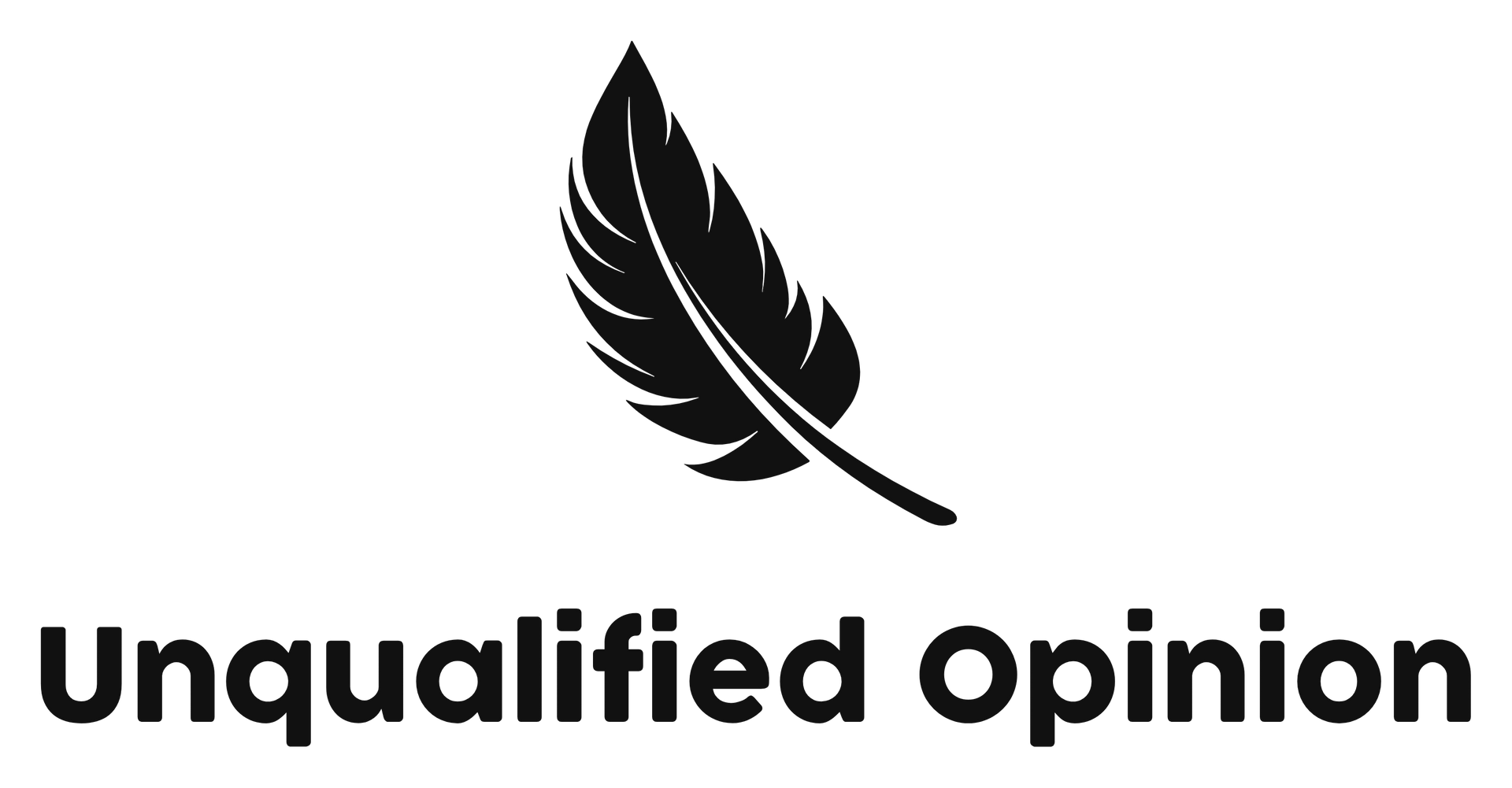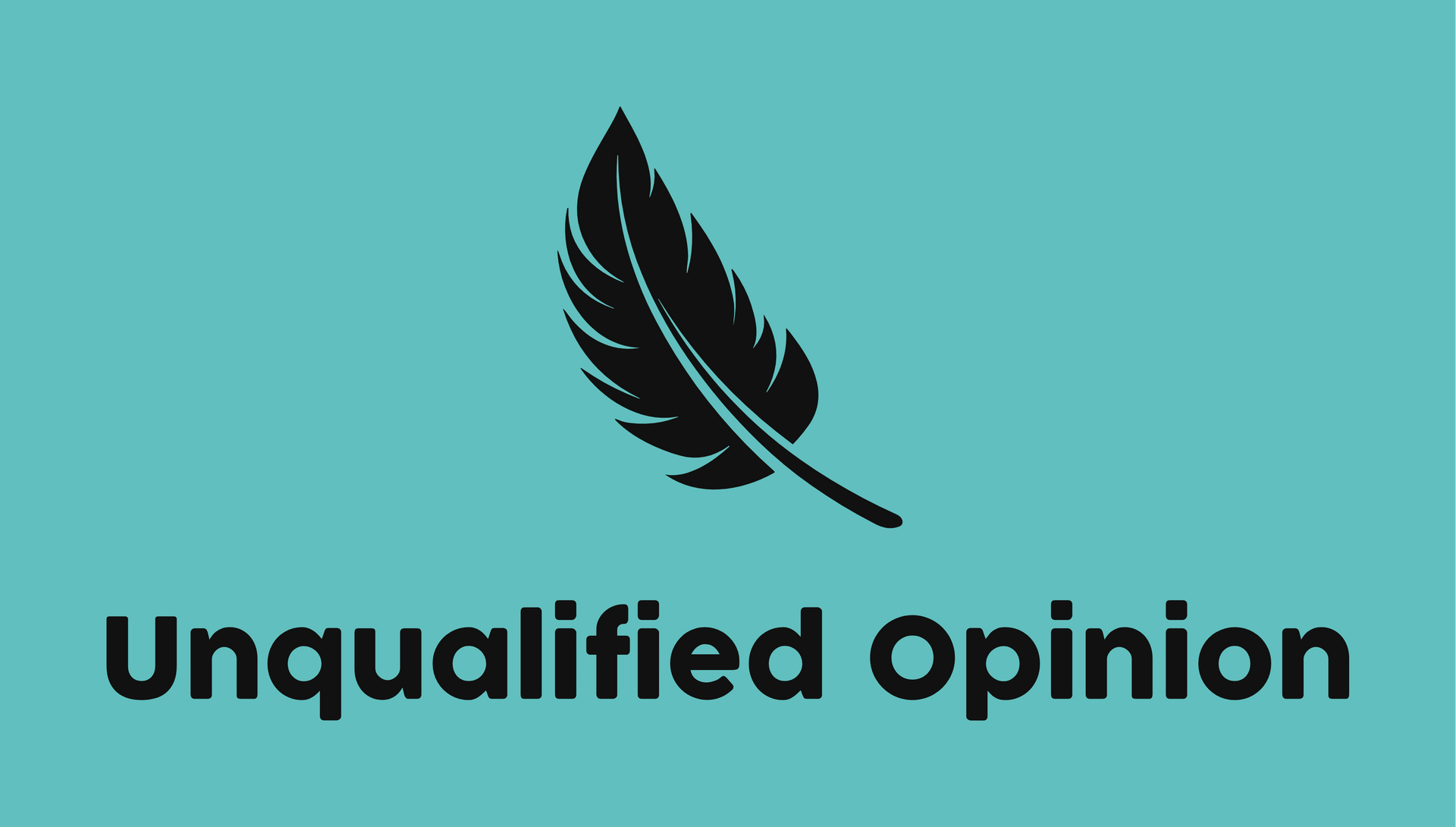(9 min) Thriving as an Adult with ADHD

“Adulting” can be tough for many, including the neurotypical… but for adults with undiagnosed and untreated ADHD, it can be an absolute nightmare.
Especially if you don’t even know you have ADHD!
That was my life.
But two months ago, at age 43, I was diagnosed with ADHD-C. You can read about how I received that diagnosis here.
Since starting treatment, I can say with 100% absolute honesty, I am without a doubt happier than I have ever been at any other time in my life.
And it’s not even close.
As I have mentioned in other posts, all through my life I struggled with things that I thought were just my own personal flaws:
- Well into my mid-thirties my bedroom was always a disaster with both clean and dirty clothes just thrown all over the floor
- No matter how badly I wanted to, I could never ever keep a consistent workout schedule
- Up until this year, at age 43, I was completely unable to stop myself from interrupting others when they were speaking
Similarly, when I was a child, my report cards were full of comments from teachers that said:
- Talks too much during class
- Needs to work on staying focused
- Interrupts others when they are speaking
- Difficulty completing tasks
I now know these are classic signs of ADHD in girls and women and I was very lucky to receive my own diagnosis and treatment plan this year.
The one thing I learned during my diagnosis meeting that totally changed my outlook on life was this:
- In individuals with ADHD, the brain's frontal lobes, which are involved in executive functions such as planning, organization, impulse control, and working memory, continue to mature until around age 35.
- The frontal lobes of neurotypical people mature around the age of 25.
- That is a ten-year difference between those with and without ADHD!
So it makes perfect sense that someone with undiagnosed and untreated ADHD would struggle with “adulting” for far longer and more intensely than those without ADHD.
Just learning that one fact was enough to nearly bring me to tears.
I wasn’t lazy. I wasn’t rude. I had undiagnosed mental health issues.
Within minutes of learning about the ADHD brain, years of guilt and shame about my so-called “character flaws” and “shortcomings” melted away.
I felt a sense of peace.
Part of that peace was knowing that my doctors would be putting together a 4-part treatment plan for me and that I would be loaded up with coping strategies.
The 4 pillars of the treatment plan included:
- Therapy (Cognitive Behavioural, ADHD Coaching)
- Psychoeducational tools (Podcasts, websites and YouTube videos)
- Lifestyle habits (Sleep hygiene, diet, exercise, stress reduction)
- Pharmaceutical options (Vyvanse was recommended)
For Pillar 1, which is therapy, I ended up joining a few support groups online.
I liked this option to start with because ADHD can look very different for everyone. It felt good to chat with folks about how ADHD had affected their lives.
It was also a great way to find coping mechanisms and best advice.
You can find these groups online for free, which is a great option if you are unable to afford individual ADHD counselling.
Facebook groups tend to be run by regular people with ADHD, but you can also search for groups run by ADHD coaches online (these may be free or paid participation).
I have done cognitive behavioural therapy in the past for different issues, so I didn’t feel the need to immediately jump back into one-on-one therapy.
I can use what I had learned previously in CBT, and amend the practice towards ADHD management.
If you have been looking for an adult ADHD coach or counselling or group therapy, the virtual online clinic I recommend is Scattergram. They love the neurodivergent brain and specialize in ADHD.
Personally, I prefer learning through Pillar 2, which are the psychoeducational tools.
When my doctor sent me my treatment plan, she was very kind to include some of her favourite websites, videos, and podcasts about ADHD and mental health.
I don’t know if she included them because during our diagnosis meetings, I expressed an interest in that type of learning, or if she shares them in every ADHD management plan.
Either way, I am going to share some of the resources that I have really enjoyed, in case you are like me and want to learn more!
- Attitude.com: An online magazine and website that has compiled 25 years of ADHD knowledge. They have tests, articles, best advice, etc.
- Andrew Huberman Podcast: A lot of his episodes are great, I prefer to watch on YouTube but you can listen on spotify instead. Of paticular interest is his episode on stimulants and focus for ADHD.
- Dr Russel Barkley: Has books and is on YouTube. He is a retired psychiatrist and now spends his time education people on ADHD, medications, and busting ADHD myths.
- HowtoADHD: A YouTube channel that provides practical coping strategies, not medical advice.
I really like mixing it up between highly technical biological breakdowns of ADHD brain chemistry, and then just listening to regular every day people tell their own ADHD stories.
It feels good to be a part of a community.
It is also awesome to see how happy and successful so many people become once they receive their diagnosis and start some kind of treatment.
A lot of the coping mechanism shared by folks fall into Pillar 3, which are the lifestyle habits.
SLEEP
- It is important to establish a bedtime routine. Sleep hygiene routine can improve quality of deep and REM sleep cycles so you feel more rested in the morning.
- Take a warm shower, brush and floss teeth, do your facial hygene routine, write up a to do list if needed to brain dump before sleep, do a quick mindful meditation or take a small dose of melatonin to help get to sleep.
- For sleep, the goal is about 7-9 hours of sleep per night, but everyone is different. A consistent bedtime and wakeup time is the most important component.
- Make sure to avoid blue light devices 1-3 hours before bed. Blue light negatively impacts the quality of your sleep cycles.
DIET
- Focus on whole foods. Avoid heavily processed and foods high in refined sugar and artificial dyes, fast food, food in packages/boxes.
- Add an Omega 3 supplement (DHA/EPA 1000-1200mg) if not meeting recommended weekly intake Omega 3. Some studies indicate that individuals with ADHD may have lower levels of omega-3 fatty acids in their blood compared to those without ADHD.
- Add vitamin d 2500iu drop daily. Vitamin D plays a crucial role in brain development and function, and there are vitamin D receptors in key brain areas implicated in ADHD.
- ADHD medications can negatively impact appetite- consider an alarm if you are having difficulty remembering to eat during the day.
EXERCISE
- Try to get in 30 minutes of moderate/high intensity activity daily.
- Work up to that daily 30 minutes aiming to keep your heartrate under 100BPM.
- Swimming and walking are great low impact options when you first get started exercising.
- If unable to do 30 minutes of moderate/high intensity daily workout, at least do 20 minutes of controlled full-body stretching.
- There are plenty of free online YouTube videos that you can follow for a daily stretch routine.
- If you are able to do this daily activity before school or work, it will help improve ADHD symptom control during school or work hours.
- Exercise can increase the norepinephrine and dopamine in the prefrontal cortex to help with symptoms and improve function for the next few hours after exercising.
STRESS REDUCTION
- There is a growing body of research that suggests chronic stress negatively impairs executive function, including working memory. It is also key to effective weight loss and management.
- Yoga and Meditation are wonderful ways to immediately reduce your stress levels. There are lots of free online YouTube videos for every type and level.
- Get outside, in nature… not even for exercise necessarily. Just go to a park and sit on a bench and watch the wildlife for a bit. Watch the world go by. Take some nice deep breaths of fresh air.
- At work, where possible, delegate tasks and if you feel comfortable, talk to your colleagues about your diagnosis and the impact on your worklife.
- Change your environment to best support you for success. In the beginning, visual reminders can be a big help. Use calendars and trackers and lists.
- Find a hobby that relaxes you. For me, you might have guessed it… I love to write. Writing these blog posts is stress relieving in two ways – first, I just enjoy writing… and second, I have found that when I write out all the ideas bouncing around in my head, I am calmer and am able to focus on other things rather than repeating the same thoughts to myself.
Now, I have found that there are many people who rely strictly on the first three pillars and do just fine without any pharmaceutical intervention.
Some people simply don’t want to take medicine or are unable to afford it.
For me, however, this is a lesson I have learned over and over again.
When I was first diagnosed with type 2 diabetes, I refused medication. I was certain I could do enough exercise and diet to “right the ship”.
I was wrong.
I just became progressively more sick, I gained more weight, and I was just increasingly miserable.
Once I gave in and started medication everything improved. And because my body was now in that better state I was actually well enough to change my diet and exercise routine.
Now 7 years later, my diabetes is in remission and I no longer have to take medication.
But I will tell you one thing, if it ever came back, I would not hesitate to go back on the medication immediately!
Same thing goes for my fibromyalgia diagnosis that I received last year and you can read about here.
There are so many folks in my support groups who refuse to take meds for their fibro symptoms, and they are suffering.
It breaks my heart.
I know in some cultures there can be stigma around taking meds and especially around medications for mental health.
I get it.
At first, when I was prescribed duloxetine for my fibro, I took it but didn’t want to tell anyone that it was an anti-depressant.
Eventually, I got over it because you know what? It worked. It helped. I felt better.
Now I tell anyone who will listen about the combo of meds I am on to help my health issues, because I want to lessen the stigma, and I want others to feel comfortable getting the help they need.
With that in mind, I decided to take my doctor’s suggestion for Pillar 4, which is pharmaceutical recommendations, and I started taking Vyvanse.
According to wikipedia, Vyvanse, is a stimulant medication that is used as a treatment for attention deficit hyperactivity disorder (ADHD) in children and adults, for moderate-to-severe binge eating disorder in adults, and for cognitive disengagement syndrome (CDS) in children and adults.
The typical starting dose for an adult is 30mg, but I started on a lower dose due to some adverse affects I had experienced with other medication.
With my doctor’s support, I kept upping my dose each week until I finally felt some improvement in my symptoms.
For me, that happened at 40mg.
It was like my whole world changed within an hour of taking the medication.
I felt my brain calm.
All the competing thoughts slowed down until only one came into focus.
The never-ending onslaught of ear-worm songs playing in the backround of my mind were gone.
I was alert, focused, and awake.
And more than that, I was able to turn that focus like a spotlight onto whatever I wanted. And to move that spotlight around without getting mixed up or overwhelmed.
Life-changing.
In fact, since starting Vyvanse:
- I was able to return to work full time and be an active and responsible coworker
- I have been able to work out every day, without even really thinking about it, just automatically get up and do it when it is time
- I keep my work office clean and organized
- I have seen improvements in my communication and relationships at home and at work
- I am able to focus on what someone is saying to me without thinking about something else or interrupting them
- My frustration levels with the world at large have gone down tremendously, I am just so much more relaxed now
- My anxiety about things like dentist appointments, workplace conflict, or social gatherings has dropped to about zero
- I was able to turn my newly focused brain to writing, designed this website, and created this entire blog
In summary, I am happy.
I am happier now than at any other point in my life.
Since the diagnosis and treatment plan started, I am thriving.
I have forgiven myself for the things I was unable to stay on top of when I was younger and before I started treatment.
I am proud of myself now when I complete a task, or fold the laundry, or work out.
Things just come so much easier now and everyday it seems like there is some new breakthrough to celebrate.
“Adulting” isn’t even something that I have to actively think about anymore. It just happens. It’s second nature.
Finally, at age 43, diagnosed with ADHD, happier than I have ever been, and absolutely smashing life!
And it’s only been two months since I was diagnosed!!
Who knows what more awesome revelations are awaiting me down the road?
I wish the same outcome for all of you and your loved ones who may be struggling with undiagnosed or untreated ADHD.
Whether you decide to go to the pharmaceutical route or not, please, get the diagnosis.
Have your doctors put together a treatment plan for you.
It is SO worth it.
You deserve to live a life free of the restrictions of mental health issues.
You deserve to be happy.
Remember, you don’t need to be an expert to have an opinion!


